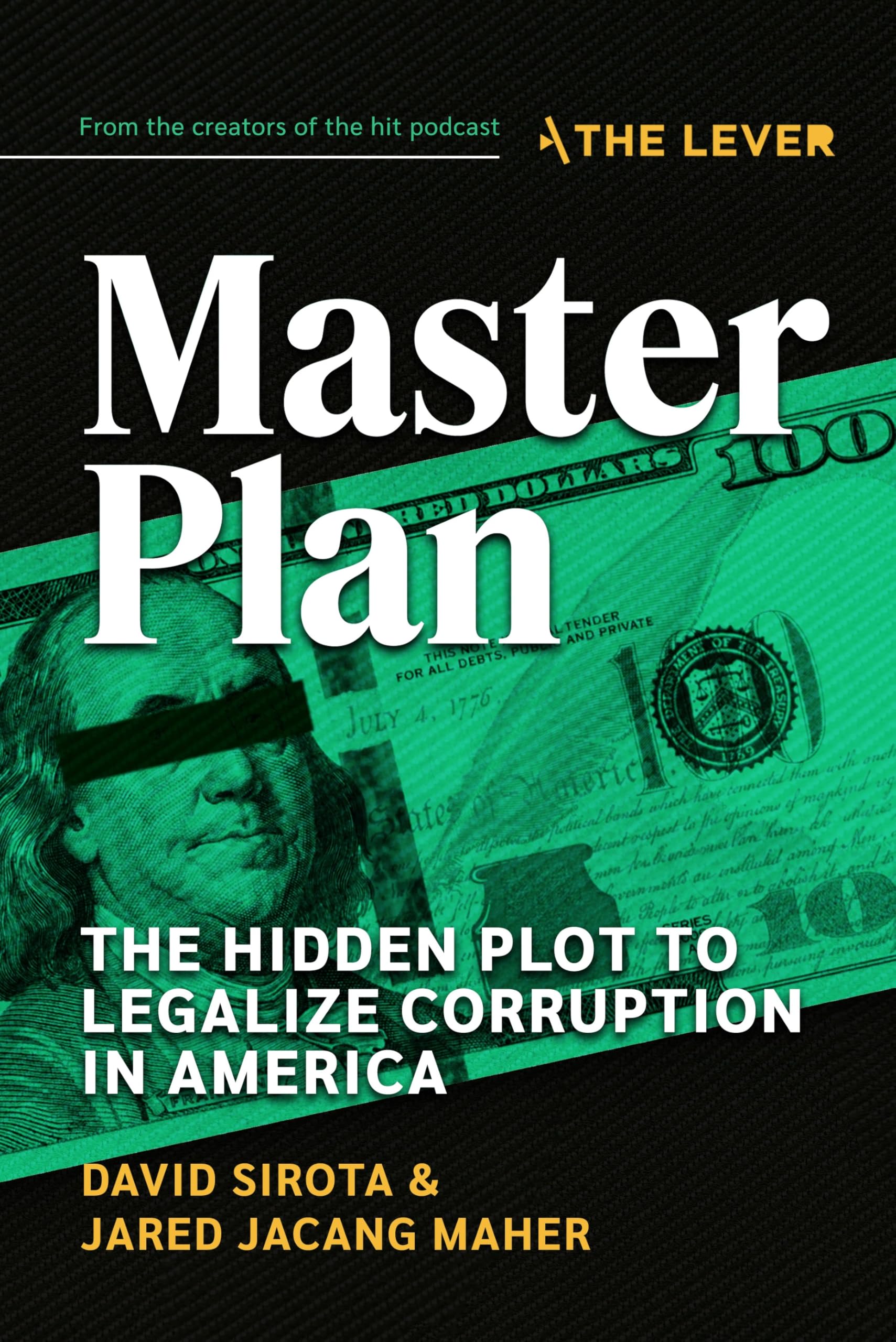In 2007, Bopp got a call from conservative activist David Bossie, president of Citizens United, with a provocative proposition.
“I’m working on a movie called Hillary: The Movie,” Bossie told Bopp. Hillary Clinton, then a U.S. senator from New York, had recently announced her candidacy for president, and Bossie and his funders were eager to go on the attack.
Bossie wanted to broadcast the 90-minute smear infomercial before the 2008 primaries. The problem: McCain-Feingold barred corporations from funding election ads in the final weeks before an election. And he didn’t want to disclose his donors. He asked Bopp to review the script and find a legal strategy to sidestep the rules.
Bopp had a plan. Instead of waiting for the FEC to come after Bossie, Bopp filed a lawsuit preemptively, seeking a declaratory judgment that the film wasn’t electioneering. As expected, the lower courts rejected the claim. But that gave Bopp what he wanted: a path to the Supreme Court.
As the case moved forward, Citizens United replaced Bopp with Ted Olson, a seasoned Supreme Court litigator. Olson framed the film as a documentary and cast the case as a First Amendment battle.
Olson portrayed Hillary: The Movie as a piece of “documentary” journalism rather than a blatant political ad. He argued that the McCain-Feingold Act wasn’t designed to restrict films distributed through video-on-demand services and that the government couldn’t prove the movie posed any threat of corruption.
Justice David Souter wasn’t convinced. Reading a series of quotes from the film, he pressed Olson: “Doesn’t this one fall into campaign advocacy?”
The conservative justices, however, had a different agenda. Kennedy floated increasingly abstract hypotheticals, asking whether restrictions could apply to books or satellite-transmitted e-books.
The government’s lawyer tried to redirect the conversation back to the questions at hand—whether corporations could anonymously funnel money from their coffers into election communications without restriction. But the conservative justices had already reframed the debate as a First Amendment question over book banning.
This wasn’t the case Bopp had initially crafted, nor the arguments Olson presented, but it was exactly what the master planners on the court needed: a platform to begin dismantling campaign finance laws under the guise of defending free speech.
After an hour of increasingly esoteric questions and hypothetical scenarios, oral arguments concluded.
Chief Justice Roberts began drafting a narrow opinion that would grant Citizens United a win on narrow statutory grounds. However, Kennedy, never one to shy away from sweeping declarations, circulated a much broader decision—a blueprint to overturn Austin v. Michigan Chamber of Commerce and McConnell v. FEC, landmark rulings that had previously upheld limits on corporate political spending.
